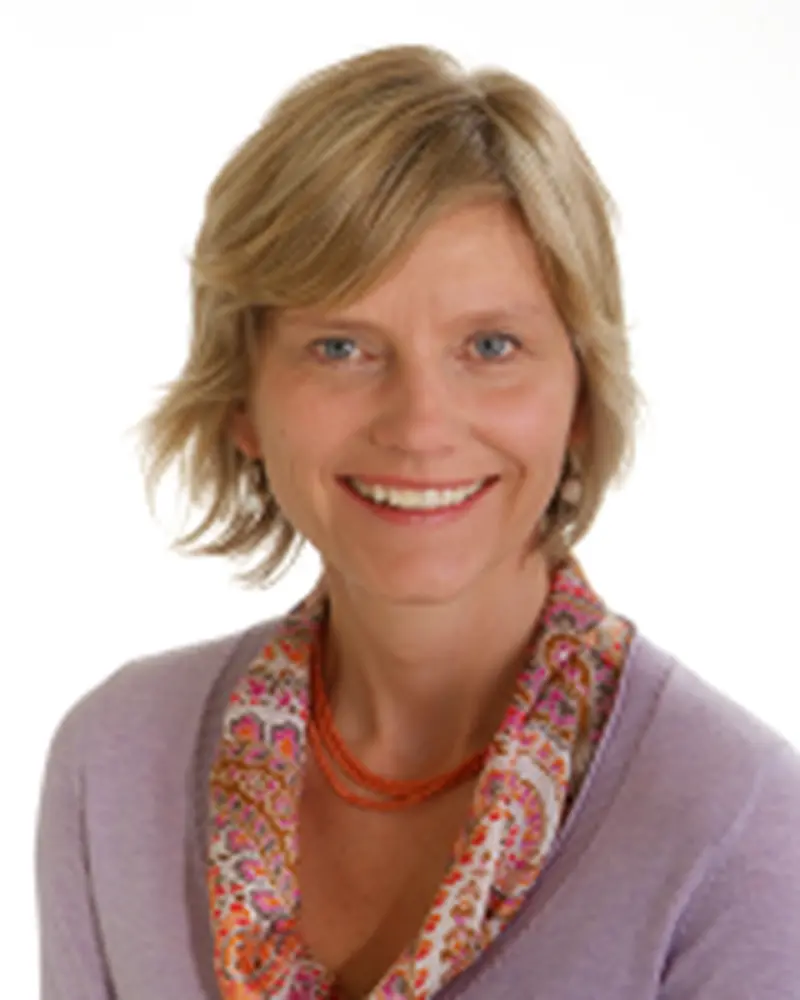
Six professors from the College of Liberal Arts & Sciences have been named Conrad Humanities Scholars, and three of them come from the School of Literatures, Cultures and Linguistics, including Anke Pinkert, Associate Professor of Germanic Languages and Literatures.
Pinkert saw the collapse of Eastern European socialism as a young adult living in East Berlin 30 years ago. Ever since, she has sought to understand how seemingly sudden historical changes occur.
“Most of my research has dealt with public memory, especially in the aftermath of a historical catastrophe or a large-scale structural, political, and economic shift,” said Pinkert.
Currently, Pinkert is working on a monograph that combines these interests in social transformation and public memory. In “Remembering 1989,” Pinkert examines the massive unrest in the streets of East Germany, which led to the fall of the Berlin Wall.
“We think of memory as something that refers to the past. For example, we will be looking back and commemorate the 30th anniversary of the fall of the Berlin Wall next year. In my book I hope to show how we can track unfulfilled impulses of past revolutionary events and mobilize them for the future,” Pinkert said.
Though 1989 was almost 30 years ago, Pinkert sees a strong relationship between that event and today’s world.
“We live in polarizing, if not catastrophic times. People have fixed ideas of how society could be changed,” Pinkert said. “1989 and 1990 was such an exciting time in (East) German history, because, for a fleeting moment—12 months—everything was up for grabs. Most people who marched in the streets wanted neither a capitalist nor a socialist order. Left to their own devices, they gathered and formed provisional, horizontal relations with one another, just showing up in schools, parks, factories, and neighborhood clubs to figure out a new vibrant political ecology.”
Pinkert plans to use the grant money to attend national and international conferences in the area of memory studies, community activism, and new directions in the humanities. She also hopes to train and mentor graduate students in research methods and archival work.
“This provides an excellent context for the students, to enter the field, and for us to think through their emerging research projects and questions,” she said.
The Conrad Humanities Scholar awards are funded by a gift from the late Arlys Conrad, whose estate gift shared by the College of LAS and the College of Agricultural, Consumer and Environmental Sciences is intended to assist and retain promising mid-career faculty.